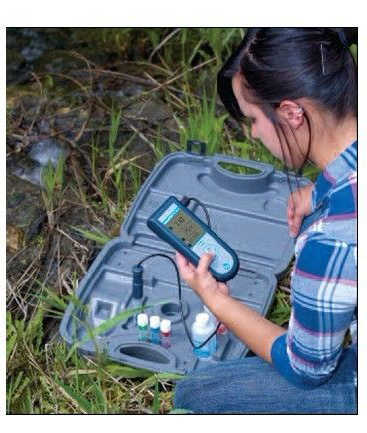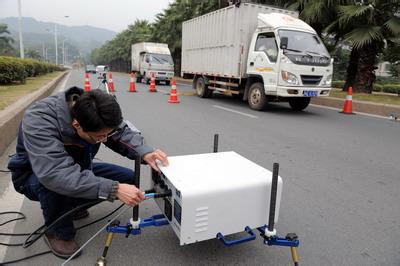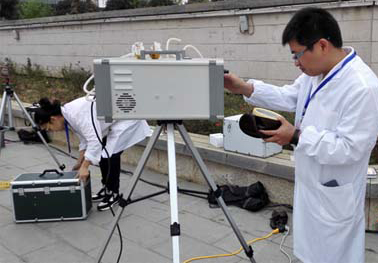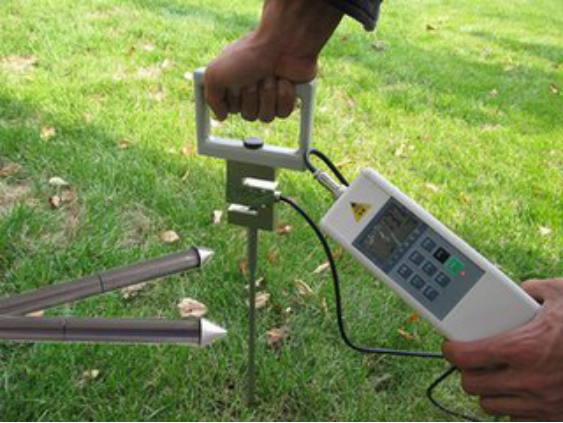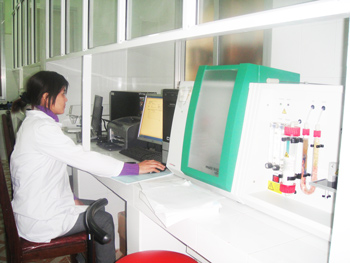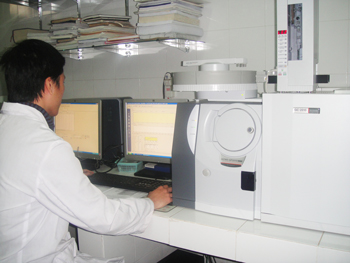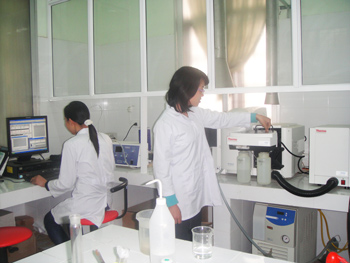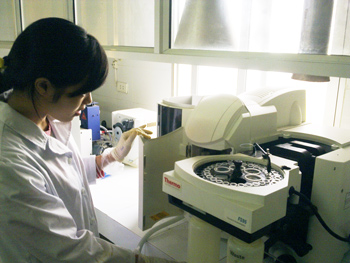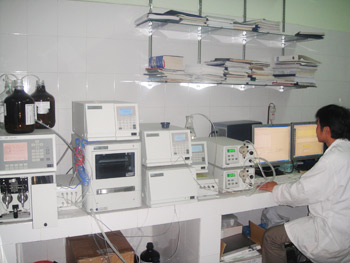Deputy Prime Minister Hoang Trung Hai made the commitment at a debate on the ASEAN Free Trade Area and Regional Economic Integration as part of the Boao Forum for Asia Annual Conference 2012 in Hainan, China, on April 2.
He affirmed that Asia has made great strides in its road to development and prosperity, with its proportion of contributions to global GDP increasing considerably. In this regard, increasing regional cooperation is crucial, said Hai.
Delegates discussed the implementation of a roadmap for establishing the ASEAN Economic Community by forming a regional network of free trade agreements (FTA), narrowing the development gap, and connecting economies in the spirit of unity in diversity.
To realise the master plan on ASEAN Connectivity, delegates agreed that the bloc needs to learn from other regions in international integration, increase regional and sub-regional cooperation to support socio-economic development in each country, and work closely to cope with challenges such as climate change, food security, and environmental degradation.
Priority will be given to connecting ASEAN with the East Asia FTA and the Comprehensive Economic Partnership for East Asia (CEPEA).
In addition, they said, ASEAN should speed up the implementation of its FTA commitments to its partners, including China, the Republic of Korea, Japan, India, Australia, and New Zealand to identify similarities and differences amongst FTAs to integrate the whole or part of FTAs.
At a plenary debate on “Asia in the Changing World: Moving toward Sound and Sustainable Development”, Deputy PM Hai affirmed that the global financial and economic crisis is posing unexpected threats and challenges to the world economy.
He suggested that Asian countries relocate their economies in the new global context to come up with appropriate economic and institutional restructuring strategies to address global challenges.
Speakers analysed development advantages as well as challenges Asia needs to overcome, including the development model, middle-income trap, climate change and rising sea levels.
They put forward solutions to help Asia achieve sound and sustainable development at the national and regional levels. Accordingly, it is necessary to make full use of the dynamic growth of internal markets, and join hands to cope with challenges, including narrowing the development gap, combating climate change, and ensuring food and energy security.


 English
English Vietnamese
Vietnamese